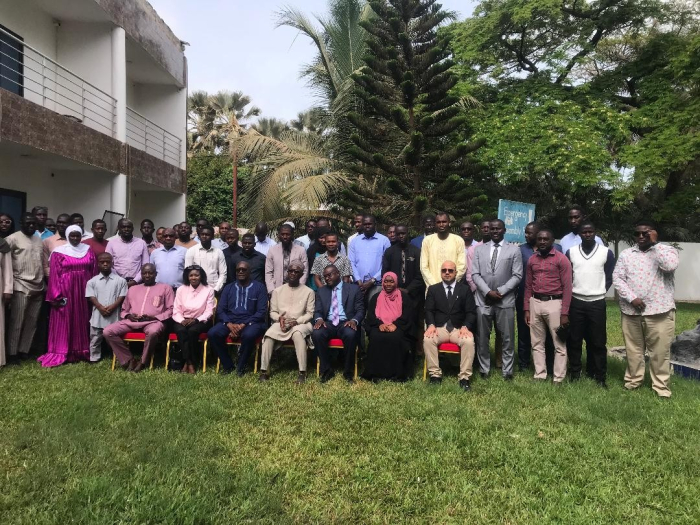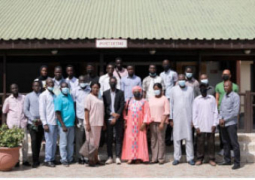
Held at the Metzy Hotel, this landmark event brought together ICT professionals across government ministries and agencies to align on the evolving roles and responsibilities of the ICT cadre under the administrative oversight of GICTA, as mandated by the GICTA Act of 2019.
Also, the event marks a critical milestone in GICTA’s effort to harmonize ICT governance, promote professional development, and accelerate the country’s digital transformation across the public sector.
Delivering the keynote address, Abdou Karim Jallow, Director General of GICTA, emphasised the strategic importance of unifying the ICT cadre and integrating their functions with the national digital transformation agenda.
“This structure is built for you and you are not just implementers. You are key architects of our digital future.”
Jallow said the transition aims to improve alignment with national ICT priorities such as the e-Government Master Plan and the Digital Transformation Strategy.
He revealed that GICTA will focus on capacity building through technical training and certifications, while also strengthening collaboration with local institutions and international partners from countries like Nigeria and Morocco.
DG Jallow outlined the need to address fragmentation within the ICT cadre, saying many professionals had never interacted despite working toward similar goals.
Thus, he called for improved networking and cooperation among ICT officers to foster creativity and enhance service delivery.
“We aim to build a performance framework that recognizes excellence and drives innovation,” he said.
He, however, lamented the challenges ICT officers face in various ministries, citing cases of underutilised talent and a lack of support structures.
He lauded the initiative as a perfect platform in creating enabling environments where ICT professionals can contribute meaningfully to their institutions and grow in their careers.
Jallow also acknowledged the fragmentation within the ICT cadre and called for better networking and knowledge sharing: “You are all ICT cadre, yet we don’t even know each other.”
For his part, Lamin Jabbie, Minister for Communication and Digital Economy, reaffirmed the government’s digital economy vision, stating that the formation of GICTA was a strategic decision to centralise digital leadership and standardize ICT operations across ministries.
“This is a movement. It’s not just about creating systems; it’s about creating access and inclusion, especially for women and youth.”
Minister Jabbie highlighted the need for consistency and interoperability in public sector ICT, urging agencies to break down silos and work toward a unified digital strategy.
“Different ministries have different systems, but the goal is standardization to improve efficiency and service delivery.”





